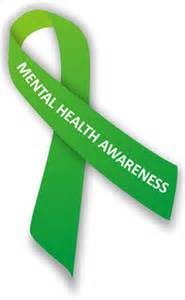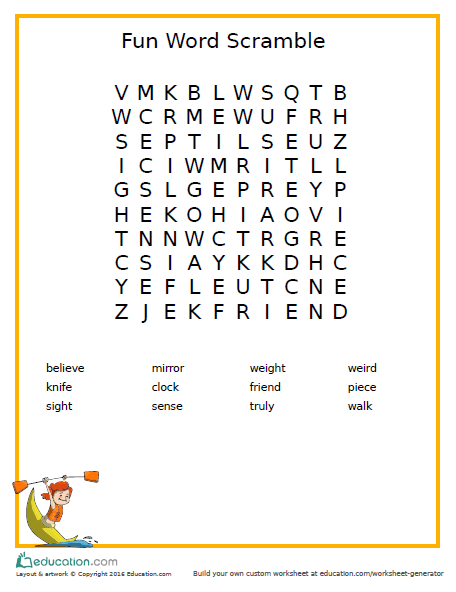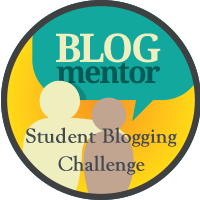End the Stigma
In my new role as special education teacher in a BSC setting, my mind is on mental illness a great deal. All the time. Every day. OK, it’s becoming consuming.
I began my teaching career in a Behavior Support Classroom, not unlike my current room. I’m no stranger to fights, blue language, demographic slurs, and even assault. In that setting, it comes with the territory. What I’m having a difficult time with this second time around, is the mental health behind the behaviors, and the fact that they are elementary students.
Three of my four students’ behavior problems stem from their mental health needs. At any given time, on any given day, it looks like I’m running a three-ring circus. Getting any solid curriculum taught is out of the question. Not to mention, my students range in grades from K to 5th. I’m constantly on my toes trying to keep fights and arguments from breaking out, to keep kids from eloping, to keep on track with pacing/testing/meetings/trainings, having difficult conversations with the kids and parents, and every now and then, teach a good lesson.
Teaching is a tiring profession. Physically, mentally, emotionally, spiritually… However, I have never struggled more, or so early in the year, then I am this year. My students’ mental wellbeing is front and center of my day. This is where my consuming look into mental health comes in to play.
According to NAMI, the National Association on Mental Illness, 1 in 5 adults experience mental illness each year. Sadly, 1 in 6 children aged 6-17 experience a mental health disorder each year. I encourage you to look here for more stats. It’s staggering, and it’s real. If you read nothing else on this blog post, please read that entire page.
You know someone with mental illness. I absolutely guarantee you do. Just like cancer, mental illness affects everyone. Unlike cancer, you may never know who, unless you know. It’s a hidden illness. Hidden because, well, it’s your brain, and hidden because over the centuries millions of people have been rejected, abused, incarcerated, dismissed, and exterminated.
Mental illness has been given such a stigma, that people affected feel like they’re wearing a visible stain on them. “Can they see my depression?” “Can they tell I’m about to have a breakdown if I don’t get out of here?” “Do I look OK?” Over the years, adults will learn to mask their symptoms, hide the truth, and act like everything is OK. For kids, they can’t do that, or haven’t learned to do that. Point being, they shouldn’t have to do that.
Instead of acknowledging that a child has had a problem for years and getting her help, a parent may force his child to “act normal” or simply “knock it off.” How long can this child keep it together before her next episode occurs? How long can she “act normal” before she implodes and the situation is even worse than ever?
Again, you know someone with a mental illness. Statistically speaking, it’s probably a child. If you’re a teacher, they are probably in your classroom.
In doing research, I wanted to find out when awareness events occur (I’d seen and heard a few different things). It turns out, there’s two different awareness months, two different awareness weeks, and suicide prevention month. While that may seem excessive, it really isn’t. We should be aware of mental illness, always.
Check on your parents, children, friends, coworkers, neighbors, family members, partners, and students. Check on those with high-pressure/high-stress jobs. Our teachers, nurses, first responders, social workers, doctors, and military (past and present) are in the thick of this. Guess what? They are not immune to mental illness, either.
Imagine you’re a nurse that interacts with mental illness in its many forms during shift. Draining on its own, right? Now imagine you go home to a son with anxiety and depression who’s having a bad day. Or, what if that nurse has PTSD, and she’s presented with a trigger? Now her day is exponentially more difficult.
Become aware. Become an advocate.
Be sure you check on yourself, also. We can get caught up in caring for others, and forget about ourselves. Don’t get so absorbed in others’ welfare that you let yours go. Taking time for yourself is not selfish.
End the stigma.














